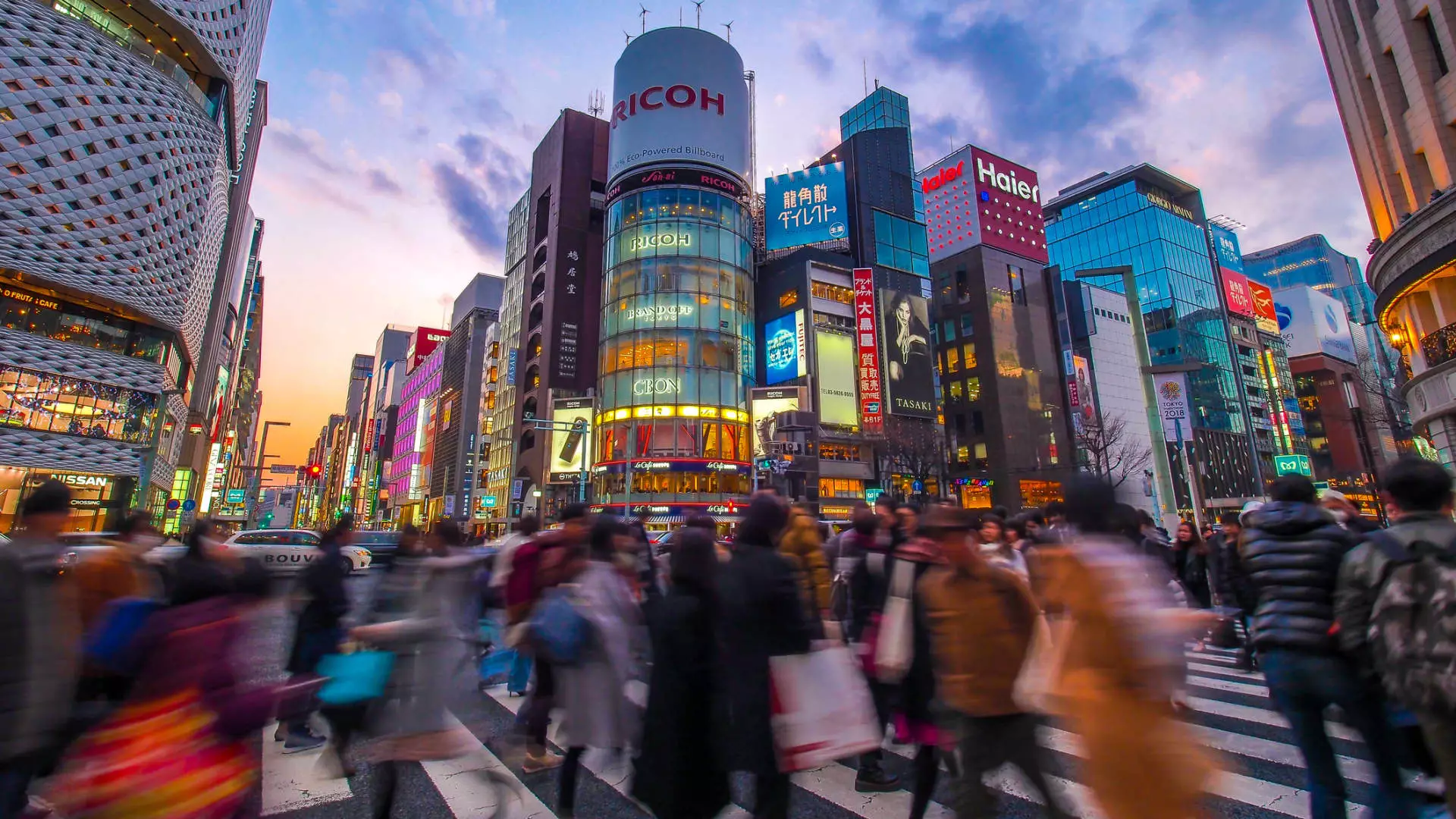The allure of luxury brands in Japan has seen a significant surge in sales, attributing to the influx of Chinese travelers taking advantage of a weak yen. Companies like LVMH, Kering, and Burberry have noted this uptick in sales, despite facing challenges in the Chinese market. Brands like Yves Saint Laurent under Kering reported a substantial 42% increase in sales in Japan in the first half of the year due to the growing number of tourists from China and Southeast Asia. This surge can be credited to the favorable exchange rate, making luxury goods more appealing to foreign visitors.
The Chinese yuan has shown remarkable strength against the Japanese yen this year, with a 6.9% gain so far. This strong performance has made shopping in Japan more attractive for Chinese travelers seeking high-end products at lower prices. The yen’s decline against major currencies like the U.S. dollar has further incentivized international visitors to spend more in Japan, boosting the luxury retail sector.
The data from the Japan National Tourism Organization indicates a significant increase in global visitors to Japan, with a notable spike in travelers from mainland China. The number of Chinese visitors surged by 415% in the first half of the year, reaching 3.1 million tourists. This influx has driven substantial growth in sales for luxury brands, with companies like Trip.com witnessing a surge in spending from Chinese travelers heading to Japan.
Chinese social media platforms have been abuzz with tips and recommendations on luxury shopping in Japan. Users on sites like Weibo and Xiao Hong Shu have shared their shopping experiences, highlighting the appeal of shopping malls like Sapporo for their high-standard luxury stores. Affluent Chinese households are increasingly showing interest in visiting Japan due to the attractive pricing differentials and the availability of a wide range of luxury products.
A study by consulting firm Oliver Wyman revealed that luxury products in Japan are priced 10% to 30% lower than in mainland China, making it a more attractive shopping destination for Chinese consumers. The discount in Japan was steeper compared to other popular luxury shopping destinations like Hong Kong, Malaysia, and France. This pricing advantage has significantly contributed to the rise in luxury brand sales in Japan.
The decline in overall Chinese luxury spending, coupled with uncertainties about future income, has led to a shift in consumer behavior. While luxury spending abroad has decreased, the appeal of shopping in Japan has remained strong for Chinese consumers. This trend has prompted luxury brands like Burberry to focus on markets like Japan, where sales have shown resilience compared to mainland China.
Despite facing challenges in the Chinese market, luxury brands have found a lucrative market in Japan, driven by the influx of Chinese travelers. Companies like Burberry have seen a decline in sales in mainland China but have experienced growth in Japan. This shift in consumer behavior presents both challenges and opportunities for luxury brands to adapt their strategies and cater to the changing preferences of Chinese consumers.
The surge in luxury brand sales in Japan can be largely attributed to the increased spending by Chinese travelers seeking high-quality products at competitive prices. The favorable exchange rate, coupled with the availability of a wide range of luxury goods, has made Japan a preferred destination for luxury shopping. As Chinese consumers continue to favor Japan for their luxury purchases, brands need to adapt to this trend and capitalize on the growing market opportunities in the region.

